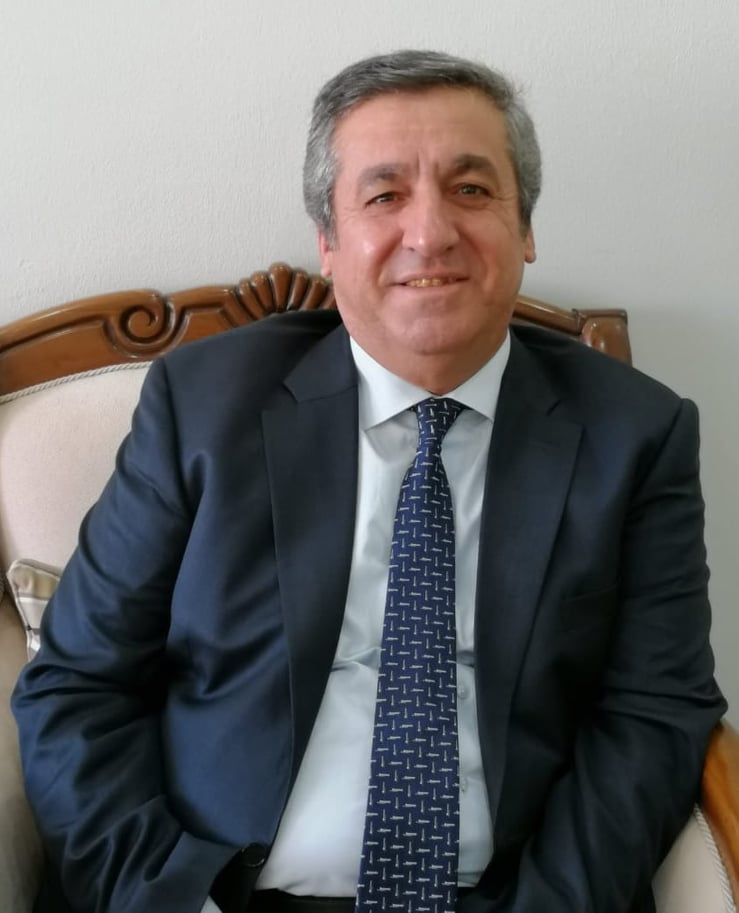
The Inner Self or the Inner Perspective
Bar Ebroyo (Abulfaraj) of Malatya (1226–1286), one of the most powerful voices in Syriac literature, was not only a spiritual figure and philosopher but also a sage who delved into the depths of the human soul. In his works, he urged people to turn inward, to seek truth within themselves, and to live with conscious awareness—without becoming lost in external events. Through his reflections on the inner world and inner vision, he emphasized the importance of self-knowledge and liberation from illusions, thus opening the door to spiritual awakening.
In life, there is always a constant struggle between the power of love (the spirit) and the love of power (the ego). The greatest supporter of this duality is the ego—selfishness. The ego is the source of contradictions and oppositions within a person. To free ourselves from the inner turmoil caused by these conflicts, we must cling to the enduring values of the spirit and wage our struggle under their guidance, crowning it with an inner revolution. Because the spirit exists beyond oppositions—it is untouched by inner conflicts and unburdened by their pressure.
Thus, as a person draws closer to their essence (their spirit) and returns to it, they transcend these contradictions. They liberate themselves from conditioned consciousness and limited perceptions of reality. In doing so, as Bar Ebroyo of Malatya (Abulfaraj) emphasized, we must seek God not outside but within ourselves:
"Let us force ourselves to pause, to withdraw, and to turn inward so that we may discover the hidden paradise within our hearts. That is where we will see our God."
For the more a person remembers, knows, and discovers themselves, the easier it becomes to find the divine within. In this way, they realize that divine wisdom is hidden within them. And as they begin to know God, they also learn how mysterious and intimate this truth truly is. This realization is life’s greatest revolution.
Then, with an unprejudiced perspective, a person begins to perceive the truth that stands above all dualities. Passing through the door to true life, they attain pure love, peace, joy, wisdom, and bliss—all of which exist beyond duality.
However, to achieve this, a person must consciously withdraw from the influence of the external world, return to their inner world, and deepen their presence there. As it is said, they will discover the hidden paradise in their heart and see their God there. And thus, they will attain their true self.
Seven centuries ago, the Syriac thinker and writer Bar Ebroyo (Abulfaraj) of Malatya expressed this truth. The esteemed writer Ergün Arıkdal (1936–1997) interpreted the same idea from a different yet harmonious perspective:
"We must not forget that we must create and live from our true self. It is very beneficial for a person to frequently engage in the process of self-remembrance. This means the absence of identification. In life, we often lose ourselves, get caught up in events, and become like them—we identify. This prevents us from remembering and knowing ourselves. We get lost in lies, use defense mechanisms, and make excuses. Yet we must avoid these excuses. We must learn to speak and allow the truth to be spoken."
Yusuf Beğtaş
You can also send us an email to karyohliso@gmail.com
Leave a Comment